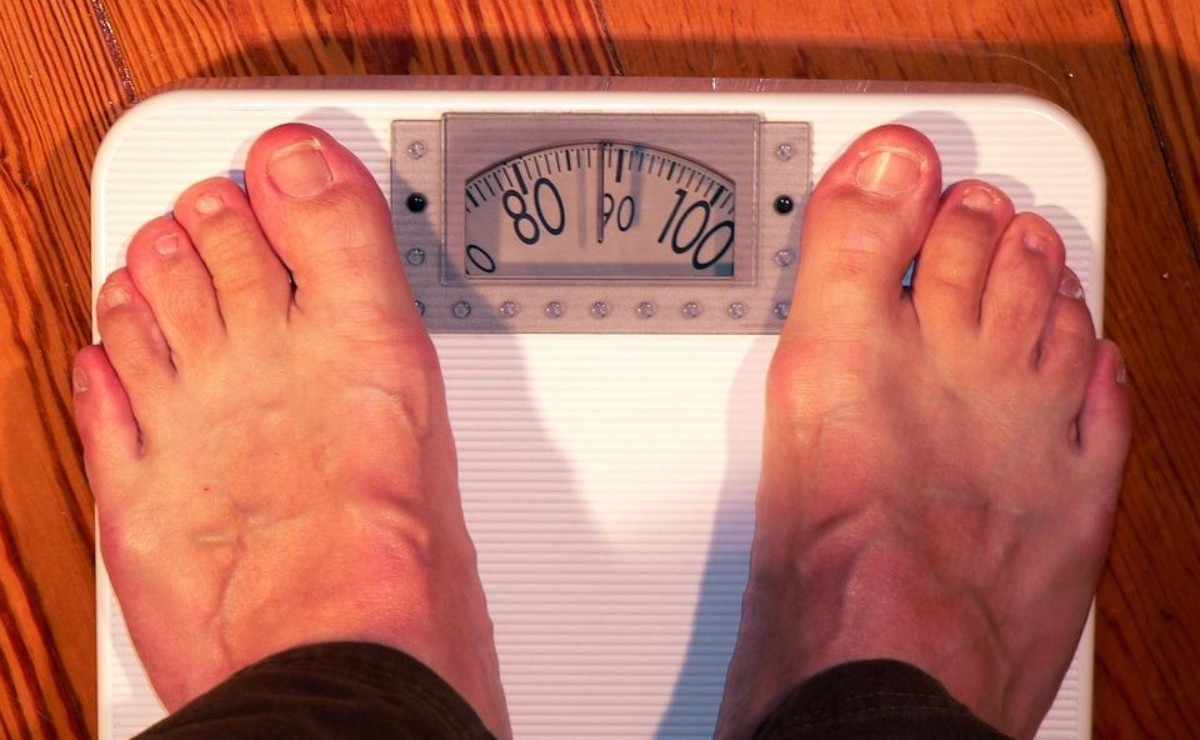
Fat Cell Research Reveals Why It’s So Difficult To Stay Slim And We Gain Weight With Age
It happens to most Americans and others around the world as we age. Weight accumulates, despite efforts to eat right and exercise.
Now research on fat cells reveals why it is so difficult to stay lean as you age. The new findings could point to new ways to treat obesity, say Swedish researchers.
A team led by Peter Arner of the Karolinska Institute in Stockholm analyzed fat cells extracted from 54 men and women over an average of 13 years. People in the study who consumed the same or more calories as they aged had an average weight gain of 20 percent.

Why? According to Arner’s group, fat cells showed age-related declines in the rate at which fats (lipids) were removed and stored in cells over time. This is a process called "lipid turnover."
The researchers also evaluated lipid turnover in 41 women who underwent weight-loss surgery, and their lipid turnover rate affected their ability to maintain their weight loss four to seven years after surgery.
Only women who had a low rate of lipid turnover before surgery experienced increases in their rate after surgery and kept the weight from returning in the years after surgery.
The Swedish team suggested that these women might have more "room" to increase their lipid turnover compared to women who already had a high turnover rate before weight-loss surgery. This gave them an advantage over being able to stay relatively thin.
The results indicate for the first time that processes in our fat tissue regulate changes in body weight during aging in a way that is independent of other factors
A US weight loss expert said the findings make sense, but there are likely many more factors involved.
"A normal process of aging is a slower metabolic rate. Our bodies use less energy to function, and as a result there is less ‘lipolysis’, or breakdown of fat," said Sharon Zarabi, registered dietitian and director of the Hospital’s bariatric program. Lenox Hill in New York City.
But "ultimately, what influences weight loss is our metabolism, microbiome, hormones, nutrient intake, genetics, muscle composition, exercise and environmental toxins – yes, it’s a lot," Zarabi said.
Arner said his team’s findings could "offer new ways to treat obesity."
Previous research has shown that one way to speed up the turnover of lipids in fat tissue is to increase the amount of exercise you do, Arner noted. The new study supports that theory, and also suggests that increasing physical activity could improve the chances of long-term success for patients who undergo weight-loss surgery.
And Zarabi emphasized that "the good news is that, although you cannot control your age, if you have greater physical fitness and greater muscle mass, the exchange of lipids is still possible."
The new findings were published September 9 in the journal Nature Medicine.
You may be interested: Estrogens help women not to gain weight